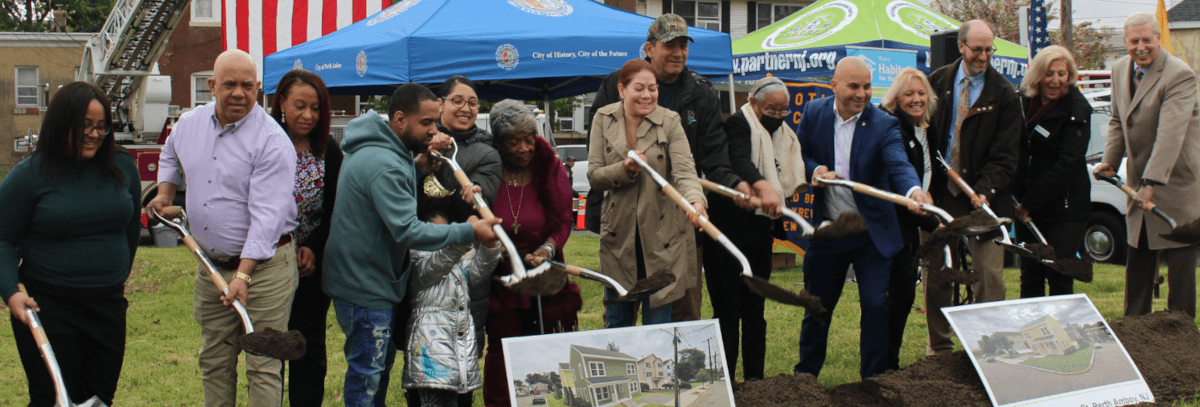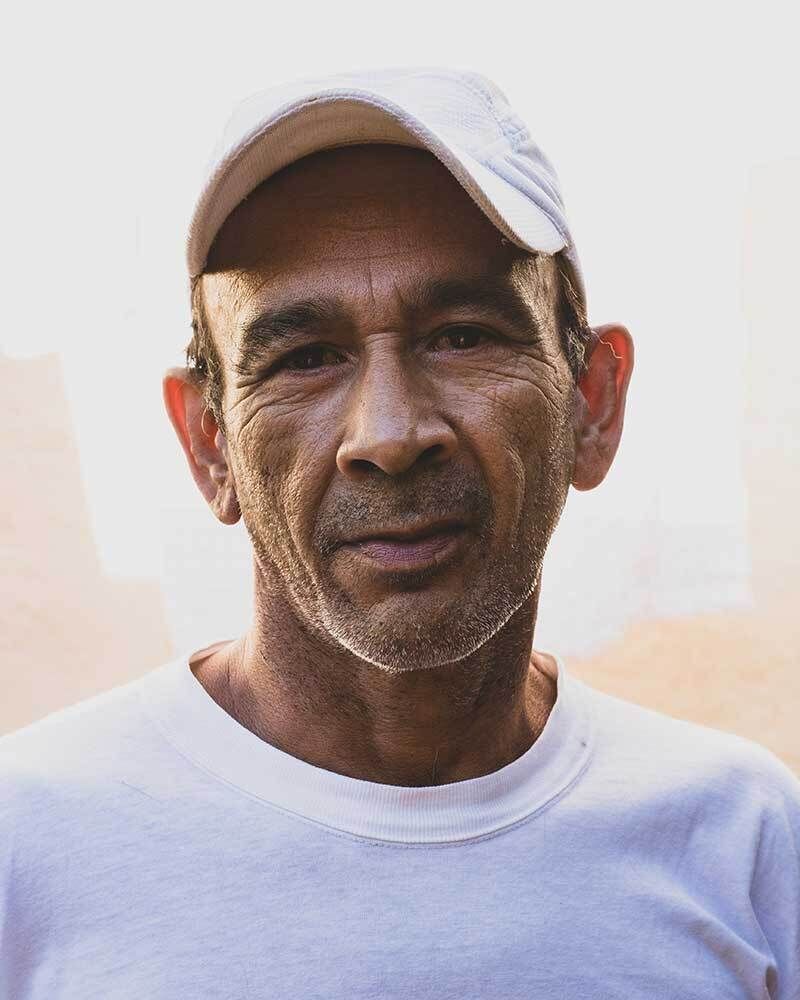
The holiday season is coming to an end, and 2025 is just around the corner. So long 2024, it’s been nice knowing ya! But before we dive into the new year, there’s something to think about: our resolutions.
New Year’s resolutions are a great way to start the upcoming year off on a positive note—hopes for self-improvement, for a better lifestyle, for a more uplifting time. Unfortunately, many New Year’s resolutions ultimately end in failure; they last for the first few weeks before dwindling into forgotten territory. If you want to be sure your New Year’s resolutions really stick for 2025, check out these useful tips on how to keep the habit hopeful.
Make your goal attainable.
The first step in setting a New Year’s resolution is being sure it’s something you can actually accomplish. Let’s be real: losing 50 pounds in a month is probably not going to happen, nor is it a healthy goal. But losing 50 pounds over six months is definitely more realistic and attainable.
By choosing goals that are unrealistic, you’re already setting yourself up for failure and disappointment. When you choose New Year’s resolutions that may not be as “exciting,” but fit more into the lifestyle you’re already living, you make your goals more achievable just by deciding on realistic expectations.
Set clear definitions.
Step number two: make sure your New Year’s resolutions are clearly defined. “Spend more time with my family” is a wonderful aspiration, but what does that really mean? When your resolutions have loose definitions, they’re easier to misinterpret or avoid entirely, resulting in a less-than successful experience.
For example, a more defined goal may be: “Spend one hour every week doing a one-on-one activity with my son.” This goal has the same agenda as the first, but with more defined boundaries, so it’s easier to understand and take practical steps towards accomplishing.
Tell somebody.
Once you have your New Year’s resolutions decided on and defined, tell someone. As silly as it may sound to sit down with a friend or family member and list off your goals for the new year, the practice actually dramatically increases the odds of your overall success.
When we tell other people our goals, they hold us accountable when things become more challenging and we feel like giving up. Telling others our resolutions gives us a support system, encouragement and—most importantly—the goal of being successful for someone else’s sake.
Track your steps.
Once you’ve started working towards your New Year’s resolutions, encourage progress by continuing to track your steps. Set smaller goals along the way, so you continually feel accomplished throughout the process.
For example, losing 50 pounds may seem like a huge, far-off goal, but losing 2 pounds by Friday is much more manageable. Track a step by checking out your favorite local eatery to grab a healthy snack. Follow your progress and celebrate the little accomplishments that lead you even closer to your ultimate resolution.
Get back up.
The road to your New Year’s resolution is definitely going to be challenging at times, but when you fall off course, just remember to get back up. No one accomplishes their goals overnight, so don’t worry if you make a couple of mistakes here and there. The most important thing is to keep your eyes on the end goal and focus on its overall success.
2025 is almost here, and you can start it off right by setting successful New Year’s resolutions. If you want to better your lifestyle, be sure to establish attainable, defined, known goals, and—with a little effort—your resolutions will fall into place.


